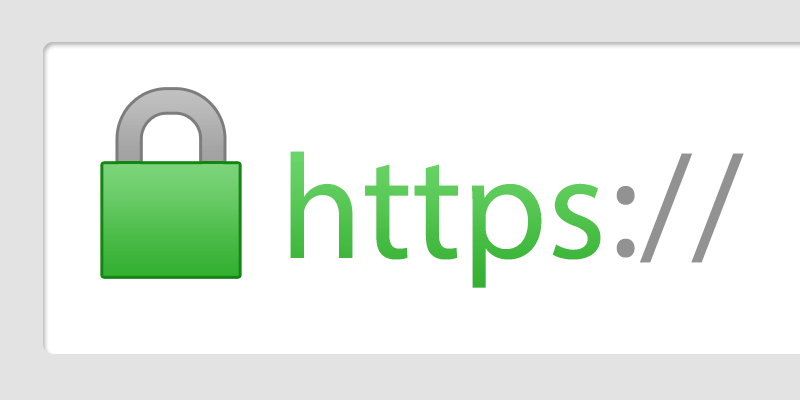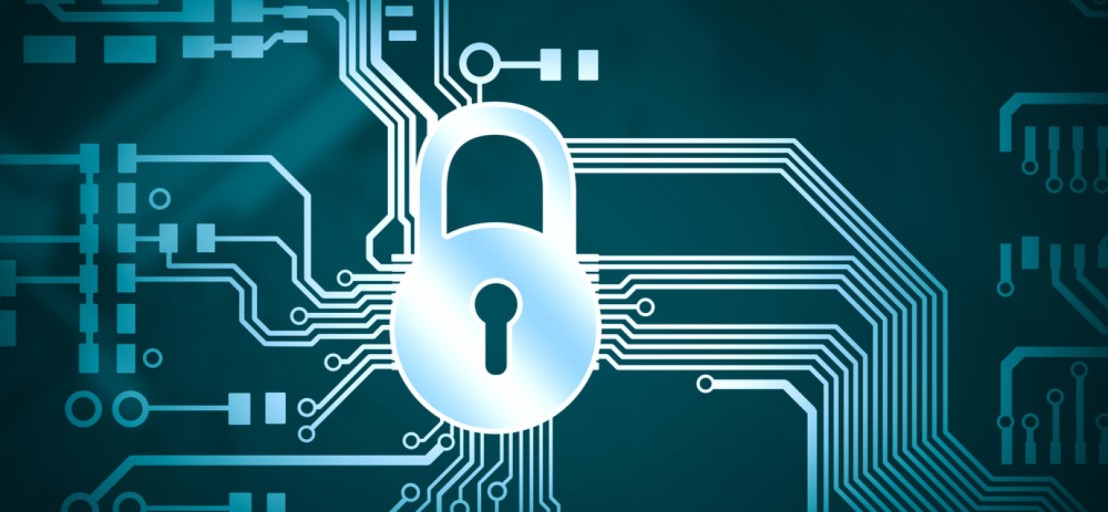--Originally published at Computer and Information Security
OMG! Reader, you keep looking at my posts, I’m so flattered. This time I will talk about how you can prevent get in to the wrong website.
The first thing that you should check, when you visit a website, no matter what type of website, but please, if you need to visit a payment website is really important that you first check their SSL certficate, I think nowadays Chrome tells you when a website is not secure. So, once the browser tells you that the browser is not secure, immediately leave it and don’t type or click in anything, you don’t know that scripts or dirty code lives there.

Another recommendation of how you can avoid this is by visiting official pages, if you want to buy tickets for a concert and you know that a certain retailer has a valid webpage to buy them, then buy them there, don’t trust those website that post something cheaper, only because is in their website, that doesn’t guarantee it is true.
 This is not a sponsored post, just as an example of an official retailer
This is not a sponsored post, just as an example of an official retailer
One more advice I can give you is that never click those nonestop ads in any webpage, you could get into a website that could officialy infect you computer with stuff downloaded. With a simple click, your computer could be finished.

That’s it folks, see you in the next post!
References:



